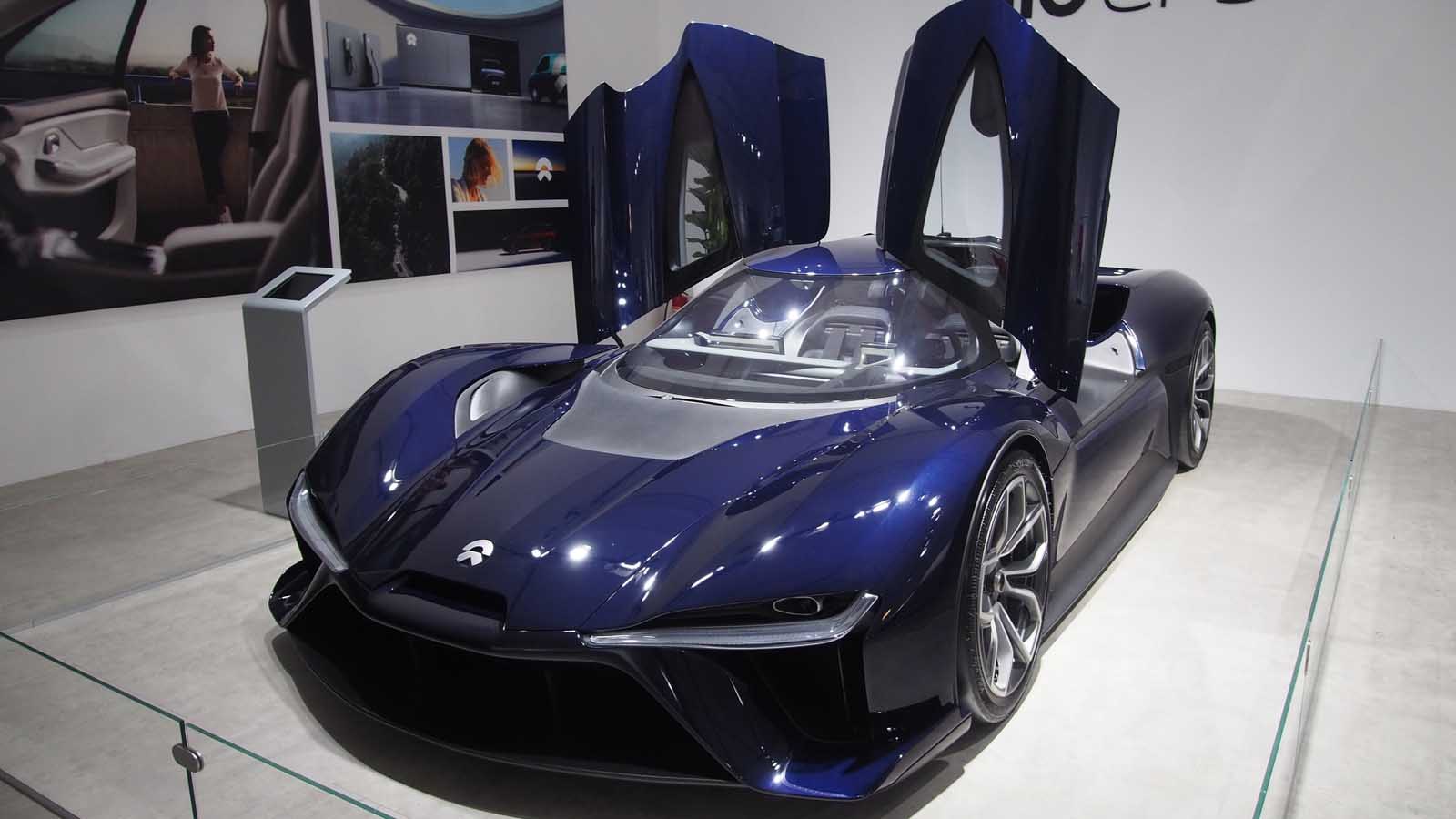It’s safe to say Nio (NYSE:NIO) has defied all bearish expectations. When I last weighed in on the stock, I noted, “I’m not a fan of the stock with the EV market pulling back. You can find better opportunities elsewhere at the moment. This slow-motion train wreck will continue for the foreseeable future.”

At the time, the stock traded at $2 a share. As of Jan. 28, it’s up to $4.21.
All thanks to strong fourth quarter sales and news that there won’t be any significant cuts in new energy subsidies in 2020 – a big positive for the EV industry. Industry bigwigs are also calling for China to hold off of any further subsidy reductions to steady the market.
“Dong Yang, a former general manager of Chinese automaker BAIC, said the worse-than-expected subsidy reductions last year had caused big losses for local automakers and expects that companies throughout the industry will continue to post losses over the next two to three years,” as reported by Tech Node.
Granted, it’s all great news for most EV makers. But there’s a massive problem dead ahead for NIO stock. I’m still bearish on the stock and believe the rally is coming to an end.
The Good News Behind NIO Stock
Granted, NIO did post solid Q3 2019 earnings. It topped EPS estimates by eight cents with a loss of 33 cents. Sales went up 20% and were also above expectations. The company brought out the bulls with news its new battery pack would “significantly improve” vehicle driving ranges, and its rollout of the EV Coupe SUV.
Sales are solid after the delivery of 3,170 vehicles in December, down slightly year over year. That brought its Q4 sales total to 8,224. Better, the press said NIO was set to receive $1 billion in financing from Guangzhou Automobile, which would cover the 2020 cash flow needs.
Though that’s all exciting, there are growing concerns.
Plenty of Negative Obstacles Stand in the Way
We’re all aware NIO is far from profitability. Company executives have already acknowledged that a cash balance of $275 million isn’t sufficient to provide working capital for 2020.
“The company still has a very real chance of running out of cash. Expectations aside, the Q3 numbers are enormously concerning. The gains of Nio stock price this week look like a near-term short squeeze, rather than a reaction to a change in the long-term outlook of NIO and its shares,” says InvestorPlace contributor Vince Martin.
Worse, that report of a $1 billion infusion may have been severely exaggerated. In fact, Guangzhou has said any potential investment would not exceed $150 million – or $850 million less than the hopes and dreams of $1 billion. It also said that there is “still great uncertainty as to whether an agreement can be reached.”
That doesn’t exude a good deal of confidence. While the bulls rush to pounce on the stock, thinking it has “zoom” left, I’m still bearish. It’s only a matter of time before NIO stock pulls back from its lofty highs.
While I was dead wrong about NIO in recent months, the cash flow issue, concerns over that $1 billion investment, and the company’s own concern of surviving 2020 are keeping me on the sidelines. I still believe you can find better opportunities elsewhere. A year from now NIO stock may not be around.
As of this writing, Ian Cooper did not hold a position in any of the aforementioned securities.
